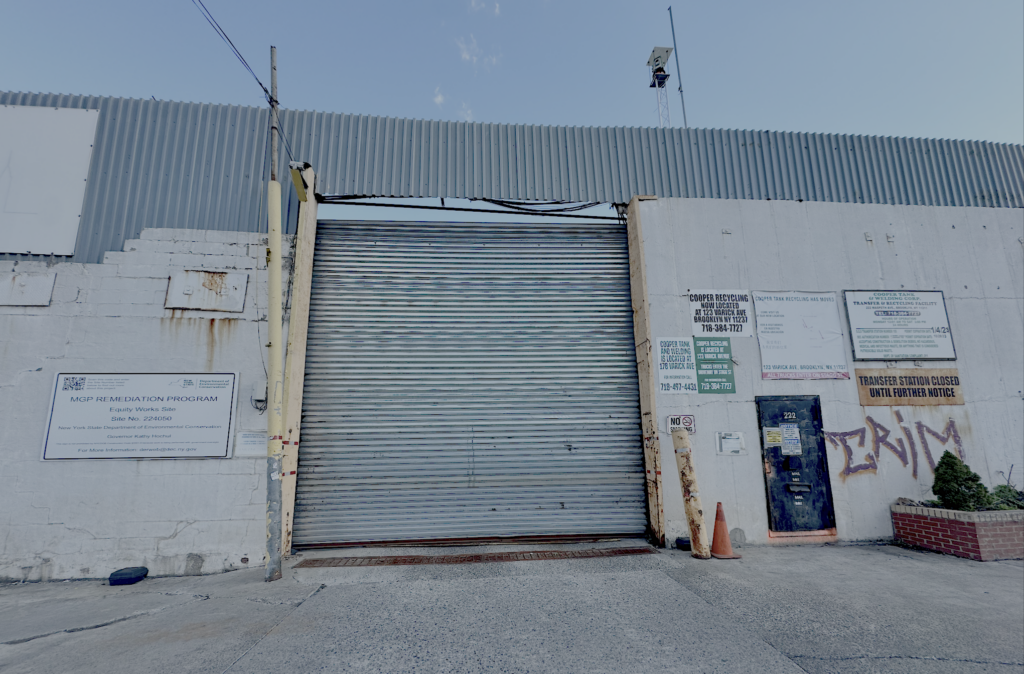This DeSmog UK epic history post recalls the falling out between long-term friends and free marketeers Julian Morris and Roger Bate.
The free market International Policy Network (IPN) was launched amid much fanfare in 2001 with Julian Morris and Roger Bate at the helm. Almost immediately John Blundell, the director of the Institute of Economic Affairs and IPN board member closed down the Environment Unit.
The war against climate science was about to embark on a new journey, with a purpose built think tank ready to take to the front line. The IPN would try and convince the world that free market economics – and climate denial – were in the interests of the poorest people and the most impoverished countries.
The IPN tried at first to keep its funding from ExxonMobil and British American Tobacco secret, fearing journalists would not take them seriously if the vested interests of their financial backers were known. And it was only a few years before Morris and Bate apparently fell out – with Bate being the first of the three men to leave for the United States.
Morris and Bate were long-term friends and started a company together, and were known to most people in the sceptic community as a brilliant double act.
Intense and Obsessive
Professor James Tooley, a member of the IEA advisory council, worked closely with the two men at the IEA. He said: “Roger was definitely the boss at the time Julian took over.
“Roger came across as the most sophisticated, Julian was more sort of the person who pushed, who got things going, more solid, cerebral I think the word is.”
Roger Scruton, the popular philosopher once paid as a consultant to tobacco, describes his friend, Bate, as “a more serious intellectual”, “intense” and “obsessive”.
Bate, however, retained very close ties with climate denier Fred Smith at the Competitive Enterprise Institute (CEI) in the US – funded by Philip Morris, Dow Chemicals and ExxonMobil – and his work at the environment unit appears to have been less than full time.
He described himself in 2000 as a fellow in International Policy at the CEI in Washington. Soon after, colleagues began to suspect that the close friendship between Bate and Morris was under strain.
Internal Dispute
Dr Pennington, an academic advisor to the early environment unit, told me that there had been an “internal dispute” and the two men had “fallen out with each other”.
He added: “It just was dysfunctional… Roger was concerned about Julian Morris’s partner. They had different approaches, they just fell out like people in offices do.”
The relationships among the think tank staff were certainly intimate, which would have increased the potential for personal disputes.
Bate was, around this time, registered as living in Cambridge with his lover, Lorraine Mooney, the company secretary at his charity: the European Science and Environment Forum.
Workplace Gossip
But, whispered gossip began to circulate around the office that Bate was concerned about the quality of work delivered by Morris’s wife and IPN employee, Kendra Okonski. The accounts for the IPN show that, in 2005, the IPN was paying Okonski £28,000 and that she claimed £4,448 in expenses. Another member of the IPN staff said: “This is rumour… but Bate had disagreements with Julian over Kendra.”
Then, in 2003, the dispute appears to have reached an impasse as Bate resigned as a director of the IPN and moved to the United States. The following year, he was earning $100,000 a year for a 30-hour week as chairman of Africa Fighting Malaria (AFM), which was receiving $30,000 from ExxonMobil for “climate change outreach”.
He was also hired as a fellow by the American Enterprise Institute, which enjoyed funding from Koch, Exxon and major tobacco companies, although he drifted away from the subject of climate change.
Julian Morris told DeSmog UK at the weekend: “As usual, you get most of your facts wrong and make claims based on alleged hearsay that strike me as implausible.
“IPN was founded in 2001 with Roger and I as co-directors and John Blundell, Linda Whetstone and Mike Fisher as board members. As I recall, the IEA terminated the environment and technology programme when I moved over to IPN because the programme no longer had a director, not the other way round. Roger and I remained research fellows at the IEA for a while after that.
“Salaries at International Policy Network were determined by the organization’s board, not by me. I was not on the board in 2005. Kendra’s expenses were approved by the chairman, Linda Whetstone. We were very diligent to avoid such conflicts of interest.”
Next time in the epic history series we recall how Dr Benny Peiser transformed from Marxist radical to director of Lord Lawson’s climate denial charity, the Global Warming Policy Foundation.
Subscribe to our newsletter
Stay up to date with DeSmog news and alerts







